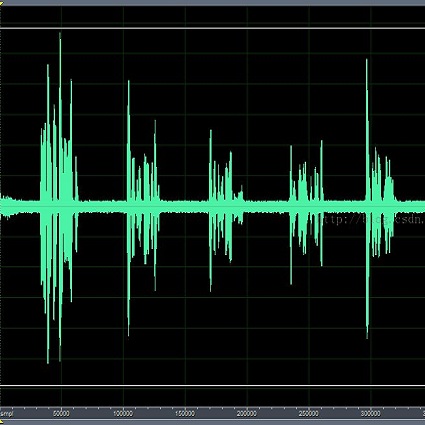In real life, room effect, also known as room reverberation, and the present background noise degrade the quality of speech. Recently, deep learning-based speech enhancement approaches have shown a lot of promise and surpassed traditional denoising and dereverberation methods. It is also well established that these state-of-the-art denoising algorithms significantly improve the quality of speech as perceived by human listeners. But the role of dereverberation on subjective (perceived) speech quality, and whether the additional artifacts introduced by dereverberation cause more harm than good are still unclear. In this paper, we attempt to answer these questions by evaluating a state of the art speech enhancement system in a comprehensive subjective evaluation study for different choices of dereverberation targets.
翻译:在现实生活中,室效应(又称室反响)和当前背景噪音会降低语言质量。最近,深层次的基于学习的语音强化方法显示出许多希望,超越了传统的贬低和贬低方法。同样公认的是,这些最先进的拆分算法极大地提高了人类听众对语言质量的认知。但是,在主观(感知)语言质量方面,以及由皮肤变异带来的其他艺术品是否造成比好更多的伤害,其作用仍然不清楚。 在本文中,我们试图通过在对不同的皮肤变异目标选择的全面主观评价研究中评估艺术语音增强系统的状况来回答这些问题。


